It’s funny how much of our so-called “civilized” lives still hinge on primal instincts. Society has evolved at lightning speed, yet many of the reflexes that kept your ancestors safe remain embedded in your psyche. These instincts, often overlooked, continue to protect you from danger, even in modern life. Let’s explore some of these ancient impulses that are very much alive, quietly guiding your decisions and sharpening your wits.
1. Fight Or Flight Response
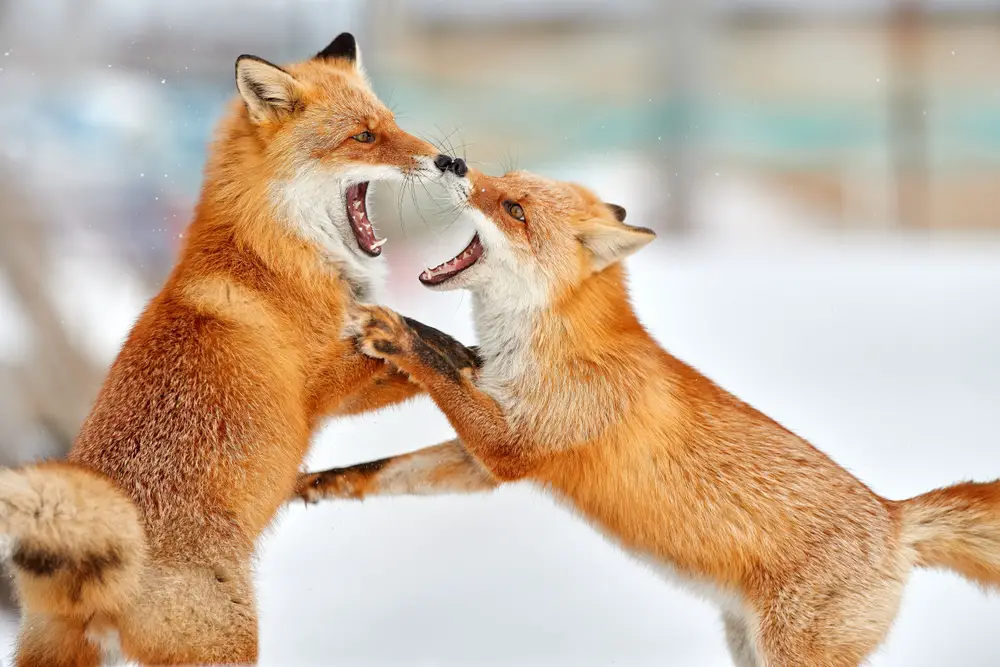
The fight or flight response is an ancient survival mechanism that prepares you to face threats or flee from them. When you encounter danger, your body floods with adrenaline, increasing your heart rate and sharpening your senses. This physiological change enables you to respond swiftly, a gift from your ancestors who faced life’s rawest challenges. According to Dr. John Leach, a survival psychology expert, this response can be critical in navigating modern-day stressors that demand quick decision-making.
In today’s world, the threat might not be a saber-toothed tiger but rather a high-stakes board meeting or a precarious social situation. The instinct remains invaluable, serving as a reminder that despite society’s complexity, survival can still hinge on listening to your body’s primal cues. Recognizing when your fight or flight kicks in can help you manage stress more effectively. Instead of being overwhelmed, you can thank your body’s wisdom and strategize a response that blends instinct with intellect.
2. Gut Feelings
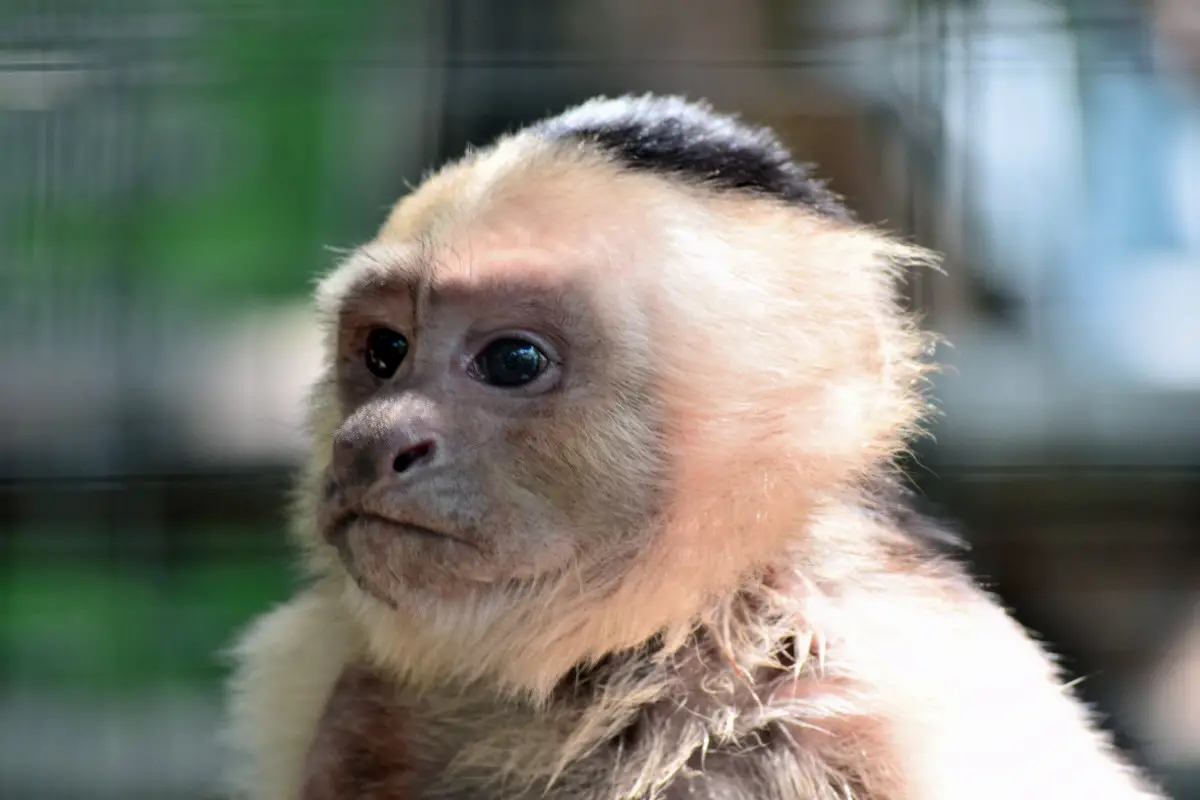
Trusting your gut isn’t just a quaint saying—it’s a survival instinct honed over millennia. Your body picks up on subtle cues and patterns, translating them into an intuitive feeling. This internal warning system often knows something’s off before your conscious mind does. It’s why you might feel uneasy about a new acquaintance or hesitate before making a big decision.
If you’ve ever felt inexplicably drawn to or repelled by someone, you’ve experienced this instinct firsthand. It’s your brain’s way of processing information rapidly, giving you a head start on decision-making. By learning to trust these instincts, you honor a part of yourself that is deeply attuned to your environment. In a world that prizes rationality, don’t discount the wisdom in your well-honed intuition.
3. Desire For Social Connection
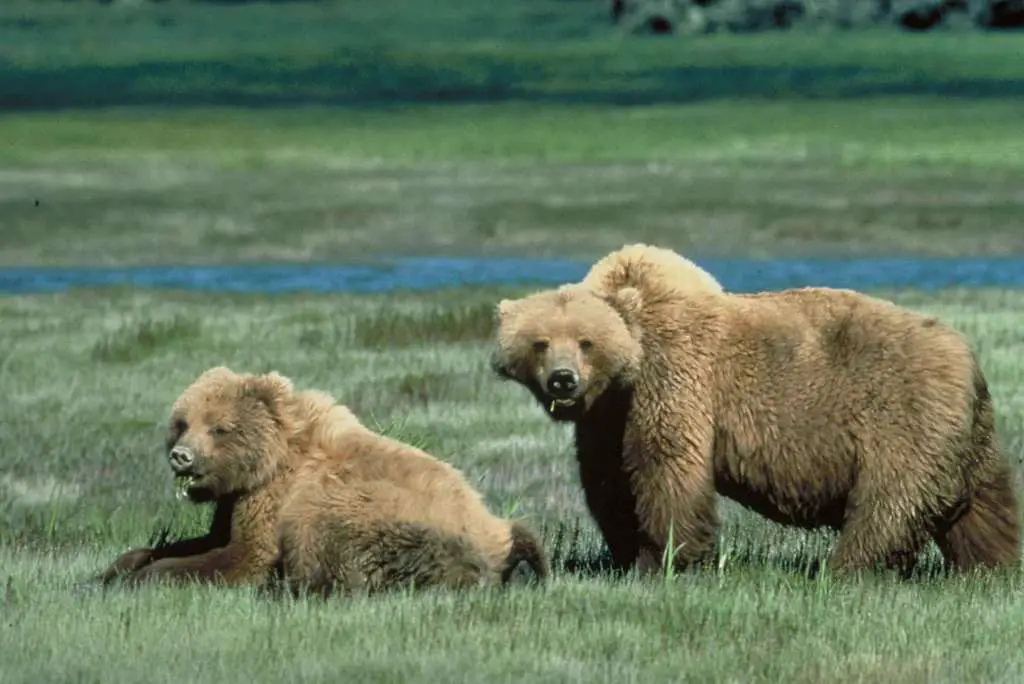
Humans are inherently social creatures, and the instinct to connect with others is deeply ingrained. This urge for social bonds isn’t just about companionship; it’s a survival strategy. Research by Dr. Susan Pinker, a renowned psychologist and author of “The Village Effect,” shows that close social ties can significantly extend your lifespan and improve your health (source: The Guardian).
The instincts that push you to build a community are the same ones that ensure longevity and resilience. In moments of crisis, these connections can be a lifeline, providing both emotional and practical support. Even when life feels overwhelming, reaching out to others can ground you, reinforcing the idea that you’re never truly alone. Your social network isn’t just a modern convenience; it’s a survival necessity.
4. Fear Of The Unknown

The fear of the unknown is a powerful instinct that dates back to when unfamiliar environments often harbored threats. While this fear can sometimes feel irrational, it’s rooted in a deep-seated desire for self-preservation. Uncertainty triggers a cautionary response, prompting you to gather information and assess risks before diving into uncharted territory.
Today, this instinct might manifest as anxiety about change or reluctance to leave your comfort zone. However, acknowledging this fear can be empowering, allowing you to make more informed decisions. Embracing the unknown can lead to growth, but it’s wise to respect the instinct that advises caution. Balance your adventurous spirit with the awareness that not every leap needs to be taken blindly.
5. Heightened Awareness Of Danger
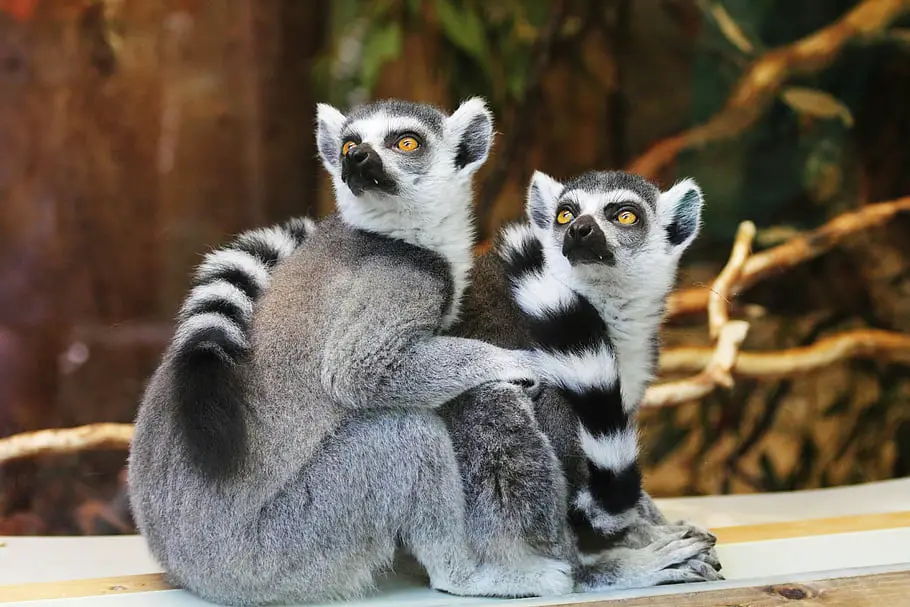
Your ability to sense danger is a finely-tuned survival tool that alerts you to potential threats. This heightened awareness can manifest as a sense of unease or hyper-vigilance in unfamiliar or threatening environments. Dr. Joseph LeDoux, a neuroscientist at New York University, has extensively studied how the brain processes fear and danger, revealing the complex neural circuits involved (source: Scientific American).
In modern life, this instinct might kick in when you’re in a sketchy part of town or meeting someone new for the first time. It’s your brain’s way of keeping you on your toes, ready to act if necessary. By understanding and respecting this instinct, you can navigate the world with confidence, knowing that your body is equipped to alert you to danger. It’s an ancient mechanism that still plays a vital role in your everyday safety.
6. Empathy And Mirror Neurons
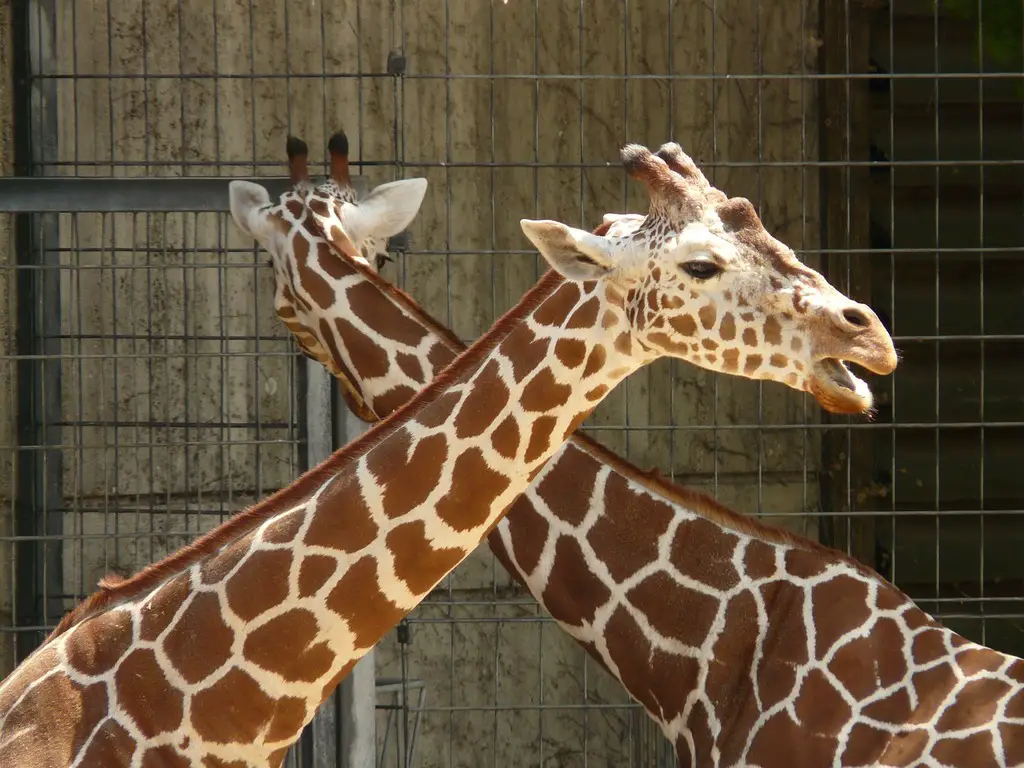
Empathy, the ability to understand and share the feelings of others, is rooted in the brain’s mirror neurons. These neurons fire when you observe someone else’s actions, emotions, or experiences, allowing you to “mirror” their state. This instinct fosters social bonding and cooperation, which are crucial for survival in communal settings.
In today’s interconnected world, empathy helps you navigate complex social dynamics. It enables you to build meaningful relationships and resolve conflicts with compassion and understanding. By tuning into this instinct, you cultivate a sense of connection and belonging that transcends differences. Empathy is not just a soft skill—it’s a powerful survival tool that enriches your life.
7. Pattern Recognition
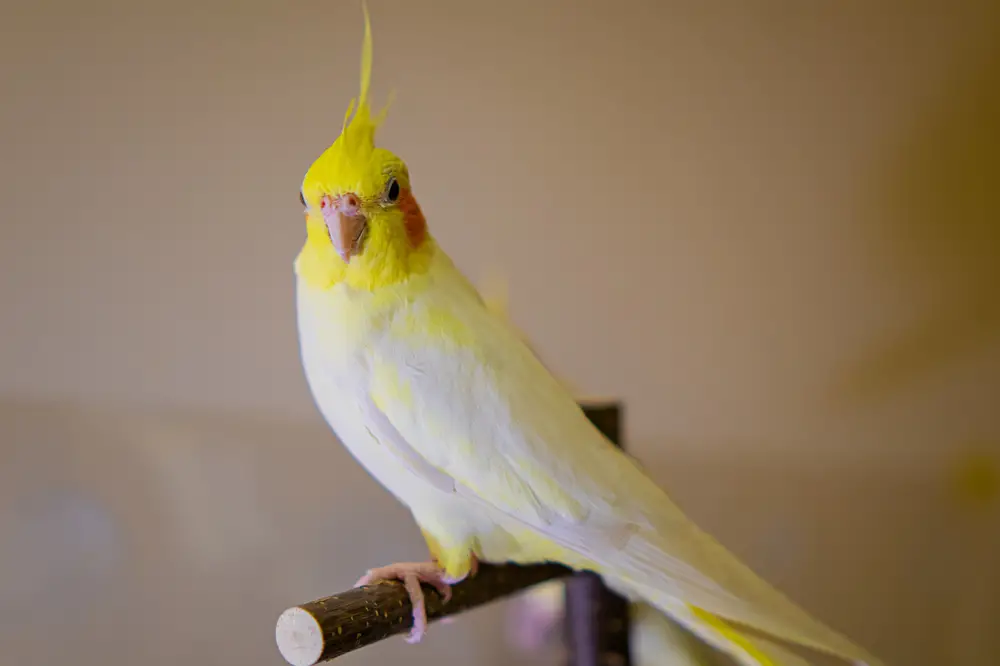
Your brain is wired to recognize patterns, an instinct that has been key to human evolution. Pattern recognition allows you to predict outcomes based on past experiences, aiding in decision-making and problem-solving. Dr. Simon Baron-Cohen, a leading expert on cognitive development, emphasizes that pattern recognition is a fundamental human ability that shapes our understanding of the world (source: Psychology Today).
In modern life, this instinct helps you navigate everything from daily routines to complex challenges. By identifying patterns, you can make sense of chaos and find order in uncertainty. This skill is invaluable in a rapidly changing world, where adaptability is essential. Trust your ability to see connections and anticipate what’s next—it’s an ancient gift that remains essential for survival.
8. Discomfort With Opportunism
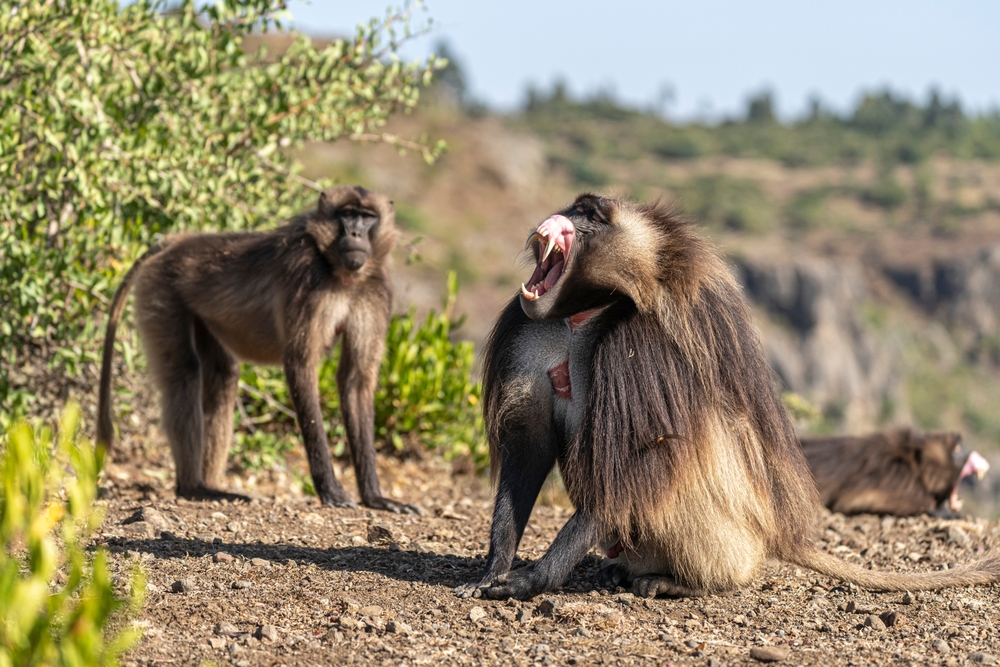
You might feel a visceral reaction when someone acts opportunistically, prioritizing their gain at the expense of others. This discomfort is rooted in a survival instinct that values fairness and cooperation within social groups. Throughout history, humans have thrived by working together, and opportunism threatens the social fabric required for collective well-being.
In today’s competitive world, this instinct might surface as skepticism toward manipulative behavior. Recognizing this unease can help you navigate complex social landscapes, allowing you to protect yourself and your community from exploitation. By valuing fairness and integrity, you contribute to a more just and harmonious society. Trust this instinct—it’s a compass that guides you toward ethical and sustainable relationships.
9. Territoriality And Personal Boundaries
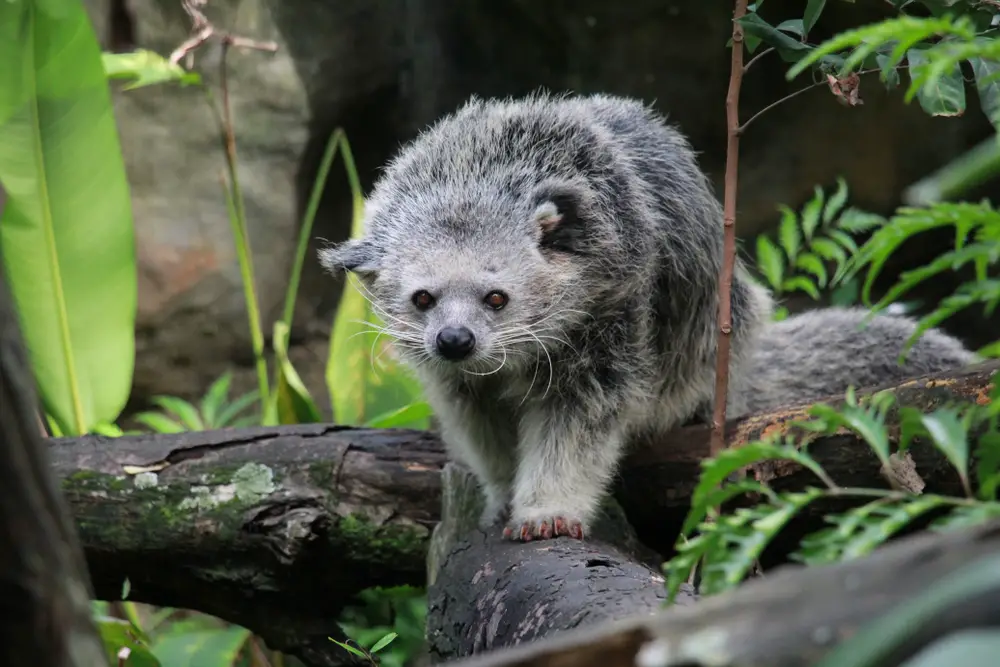
The instinct to establish and defend personal territory is a carryover from when securing physical space was critical for safety. Today, this instinct manifests as the need for personal boundaries, ensuring your emotional and psychological well-being. Recognizing and respecting these boundaries is crucial for maintaining healthy relationships and protecting your sense of self.
Your comfort in asserting boundaries reflects this deep-seated instinct. It encourages you to define what is acceptable and safeguard your personal space from intrusion. In a world where boundaries can blur, honoring this instinct helps maintain balance and self-respect. By listening to this impulse, you uphold your autonomy and create environments that nurture rather than deplete you.
10. Nurturing Offspring
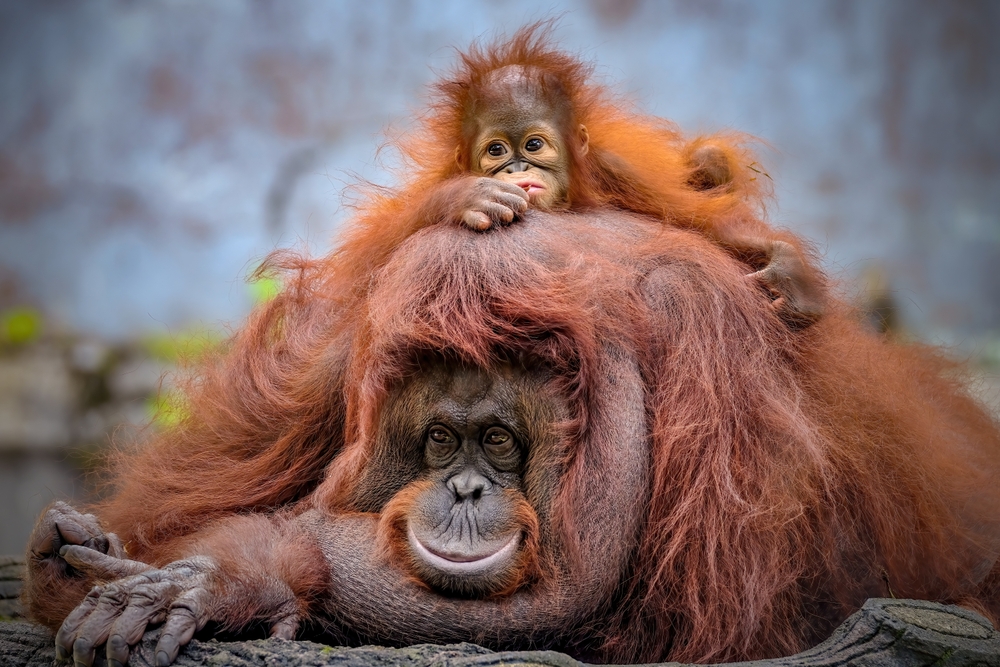
The instinct to nurture and protect offspring is one of the most deeply ingrained survival mechanisms. This impulse ensures the continuation of the species, driving parents to provide care and support for their young. In modern life, this instinct extends beyond biological offspring, encompassing the care you give to loved ones, friends, and even pets.
Nurturing strengthens social bonds and fosters a sense of community. It enriches your life, offering fulfillment and purpose as you invest in the well-being of others. This instinct reminds you that survival isn’t a solitary endeavor but a collective journey. By embracing the nurturing impulse, you contribute to a compassionate and connected world.
11. Defensive Pessimism
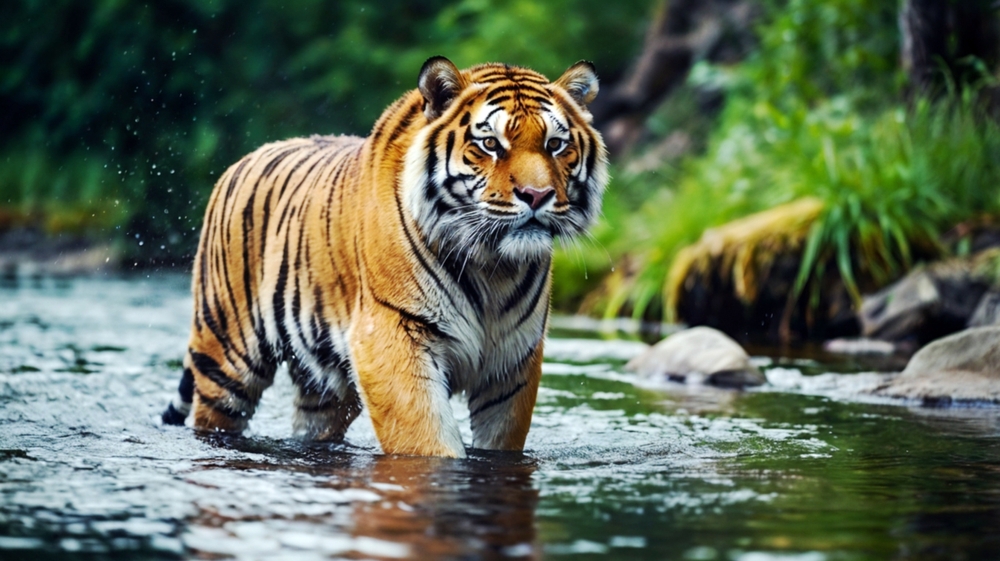
Defensive pessimism is an instinctive strategy where you anticipate potential problems to prepare for them effectively. While it might seem counterintuitive in a culture that glorifies positivity, this mindset can be a practical survival tool. By considering worst-case scenarios, you can devise strategies to mitigate risks and navigate challenges.
This instinct helps you remain realistic in the face of uncertainty. It encourages a proactive approach to problem-solving, ensuring you’re equipped to handle life’s unpredictability. In a world where optimism often reigns supreme, defensive pessimism offers a balanced perspective that values preparation over blind hope. Trust this instinct to guide you through life’s complexities with foresight and resilience.
12. Avoidance Of Toxicity
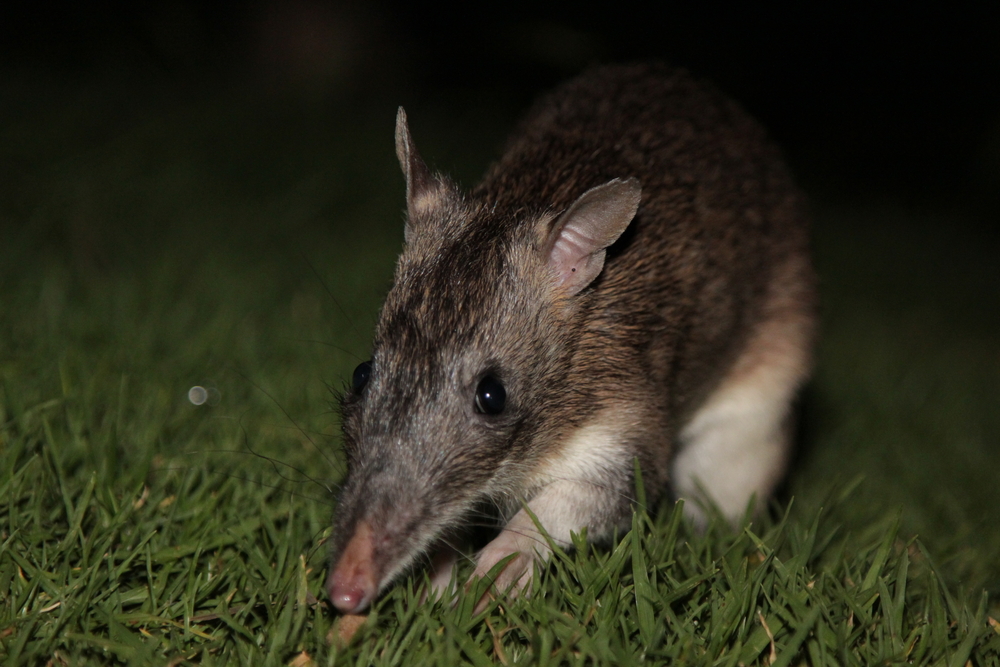
Your instinct to avoid toxic environments and relationships is a survival mechanism designed to protect your well-being. This impulse encourages you to distance yourself from harmful situations that can drain your energy and undermine your health. By heeding this instinct, you prioritize your safety and cultivate environments that nurture your growth.
In modern life, this instinct manifests as an aversion to negativity and drama. It drives you to seek out positive influences and supportive communities. This protective impulse is a reminder that your surroundings profoundly impact your mental and emotional state. Trust this instinct to guide you toward spaces that uplift and empower you.
13. Curiosity And Exploration
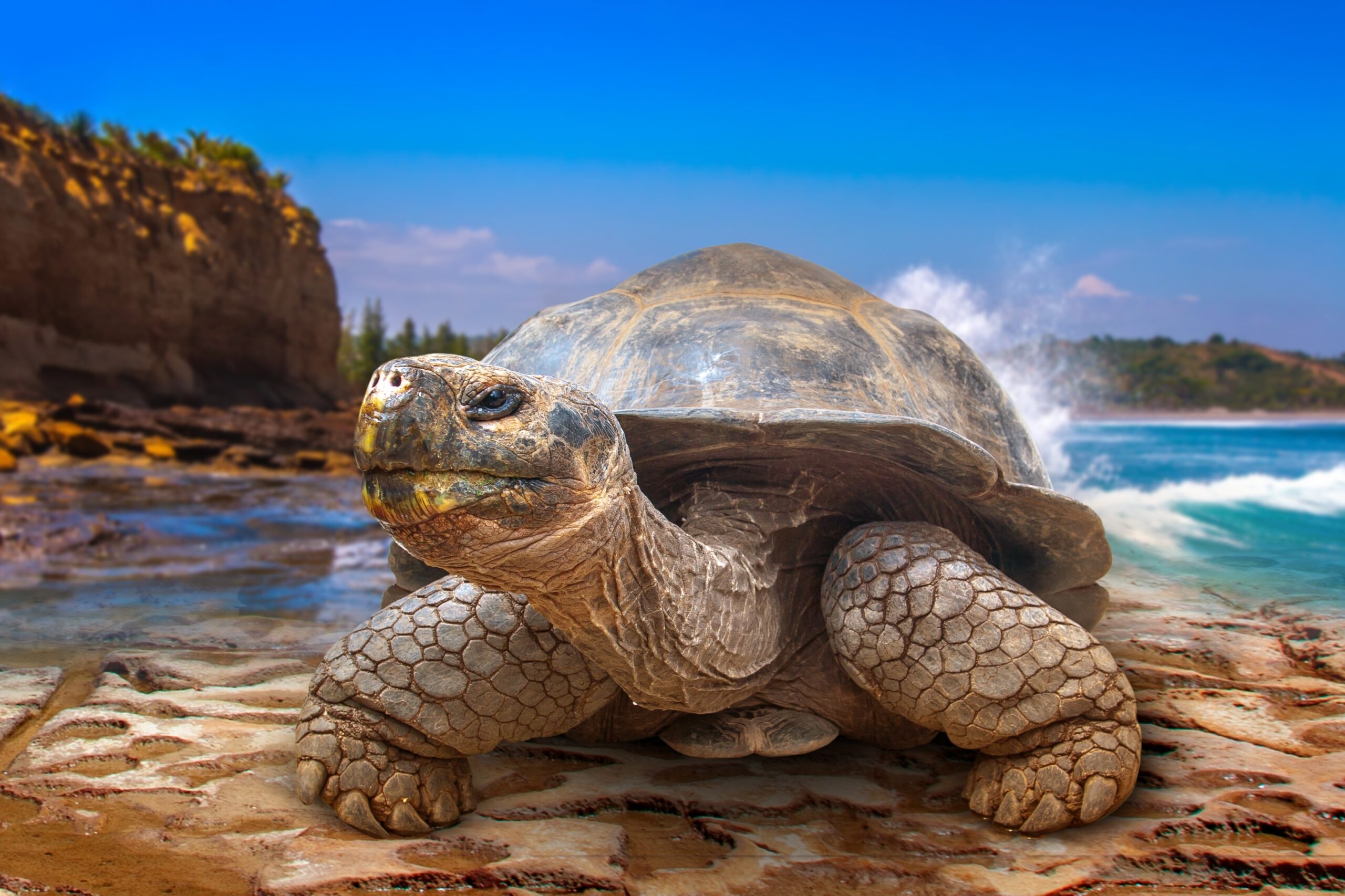
The instinct for curiosity and exploration is a driving force behind human innovation and discovery. This impulse pushes you to seek out new experiences, knowledge, and perspectives, propelling you beyond your comfort zone. It’s an instinct that has fueled progress throughout history, from early human migrations to space exploration.
In today’s world, this instinct encourages lifelong learning and adaptability. It fosters open-mindedness and creativity, enabling you to navigate an ever-changing landscape with curiosity and enthusiasm. By embracing this impulse, you honor a fundamental aspect of your humanity—the desire to explore the unknown and expand your horizons. Trust this instinct to lead you toward growth and discovery.
14. Preservation Of Self-Identity
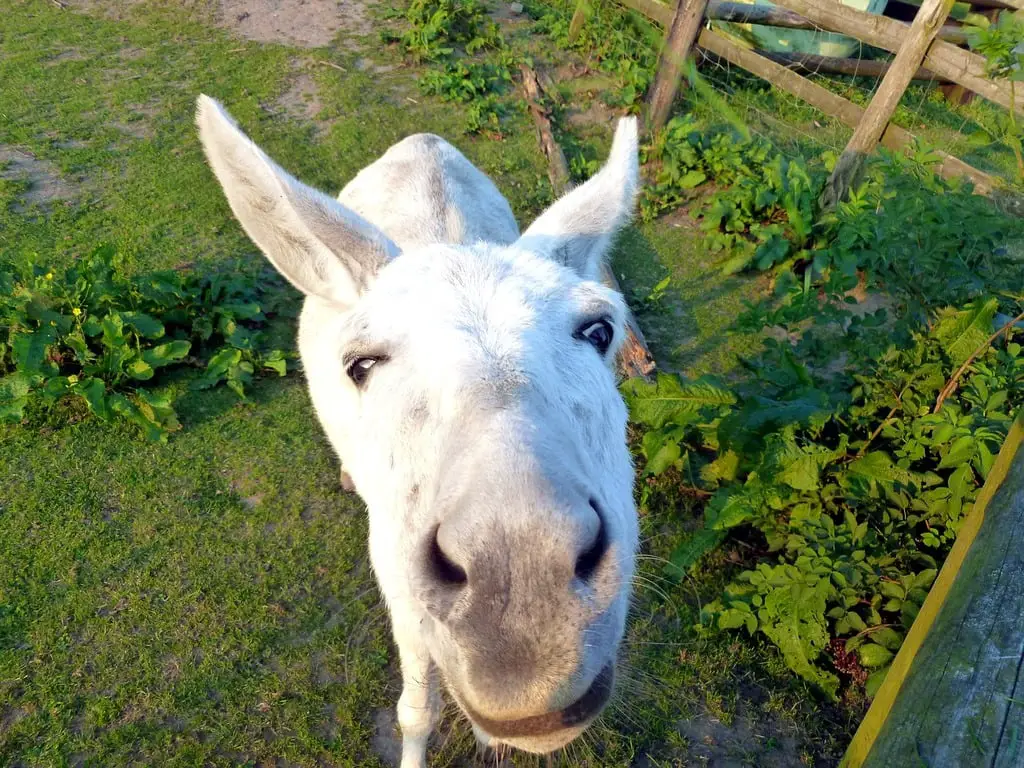
The instinct to preserve your self-identity is a powerful force that shapes your values, beliefs, and sense of purpose. This impulse drives you to maintain a coherent sense of self in the face of external pressures and influences. It’s a survival mechanism that ensures you remain true to yourself, even in a world that often demands conformity.
In modern life, this instinct manifests as the need to express your individuality and assert your autonomy. It encourages you to pursue passions and priorities that resonate with your core values. By honoring this instinct, you protect your authenticity and cultivate a life that reflects your true self. Trust this impulse to guide you toward choices that align with who you are, not who the world expects you to be.
15. Altruism And Reciprocity
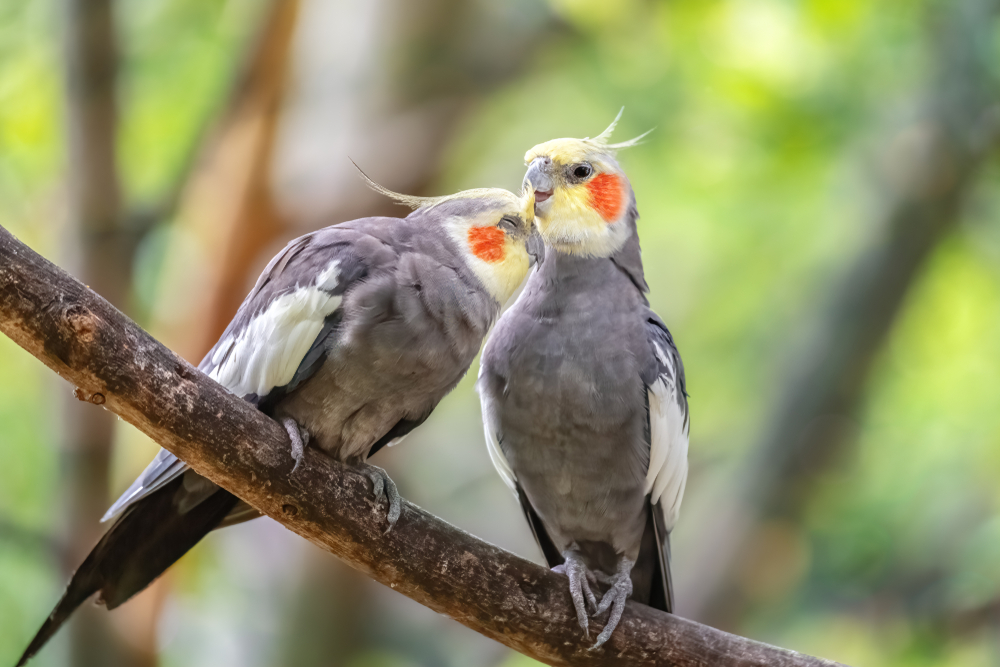
Altruism and reciprocity are instincts that promote cooperation and social cohesion. These impulses drive you to act selflessly, offering help and support to others without expecting immediate returns. This behavior strengthens social bonds and creates a culture of mutual aid that benefits the entire community.
In today’s world, these instincts encourage you to contribute to causes greater than yourself. They inspire acts of kindness and generosity that create a ripple effect, fostering a sense of interconnectedness and shared purpose. By embracing these impulses, you honor the instinctual drive to support and uplift those around you. Trust these instincts to guide you toward a life of meaning and contribution, where the impact of your actions extends far beyond yourself.
